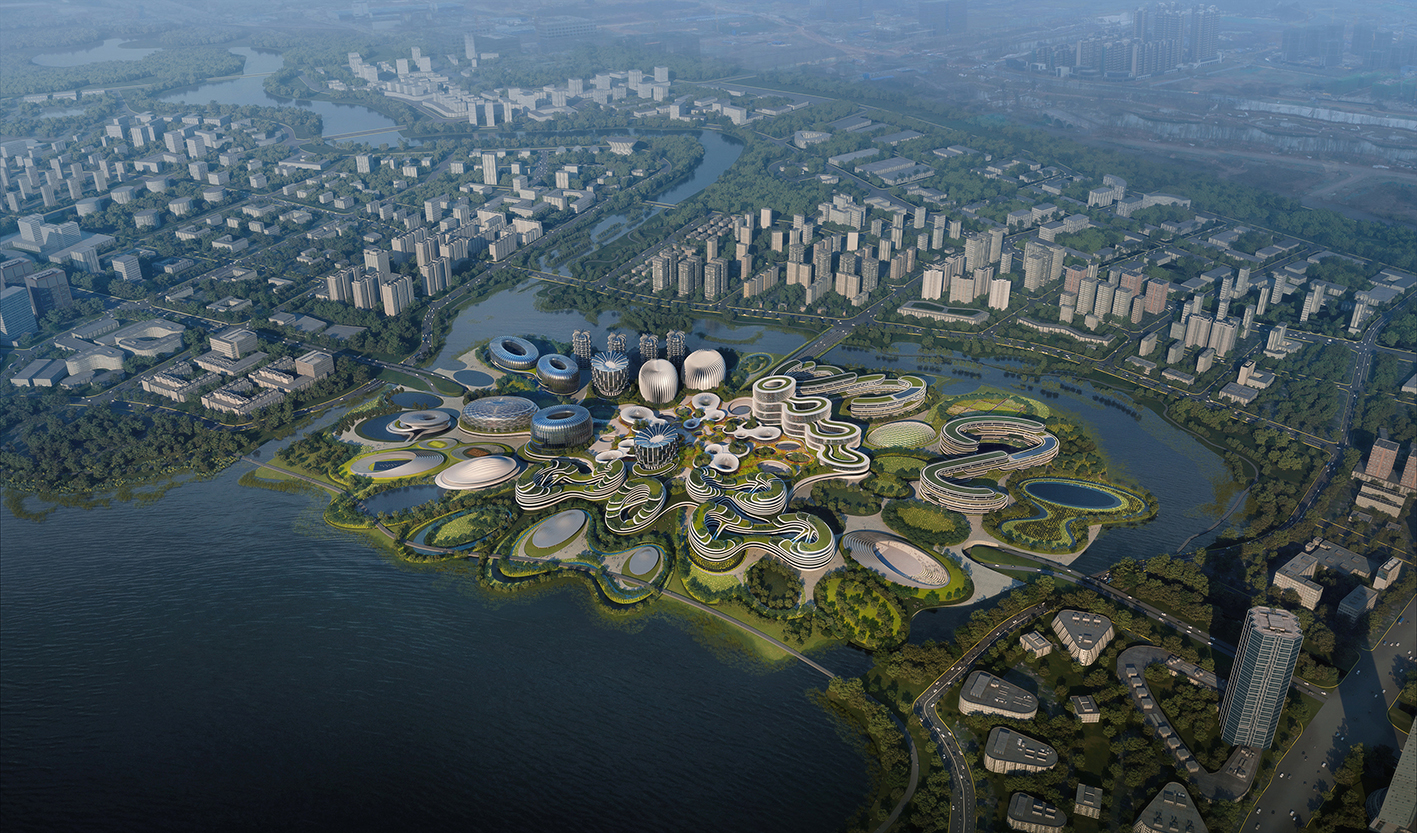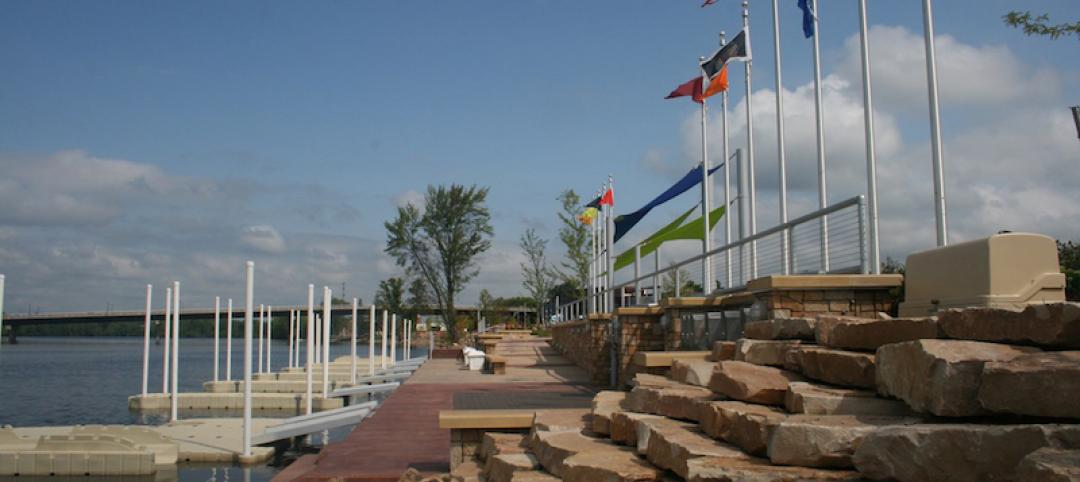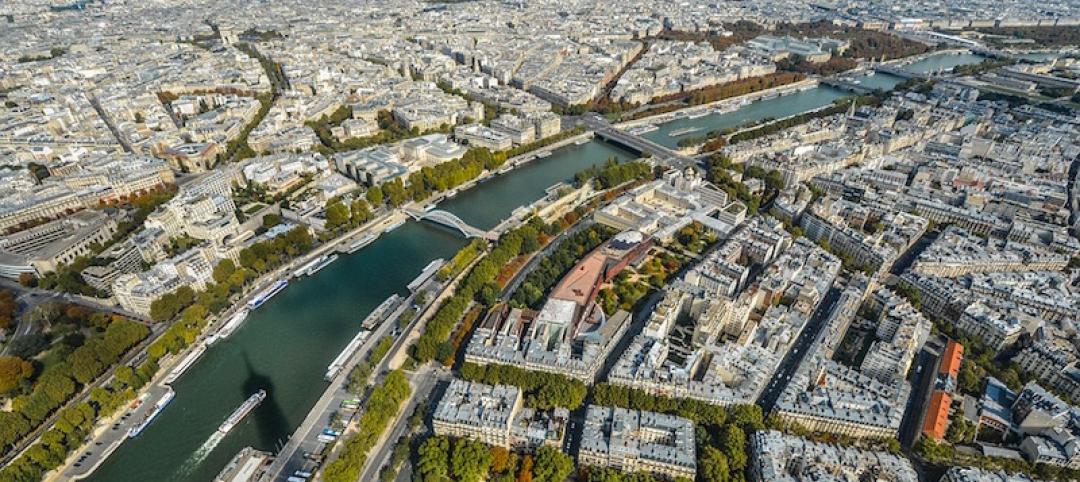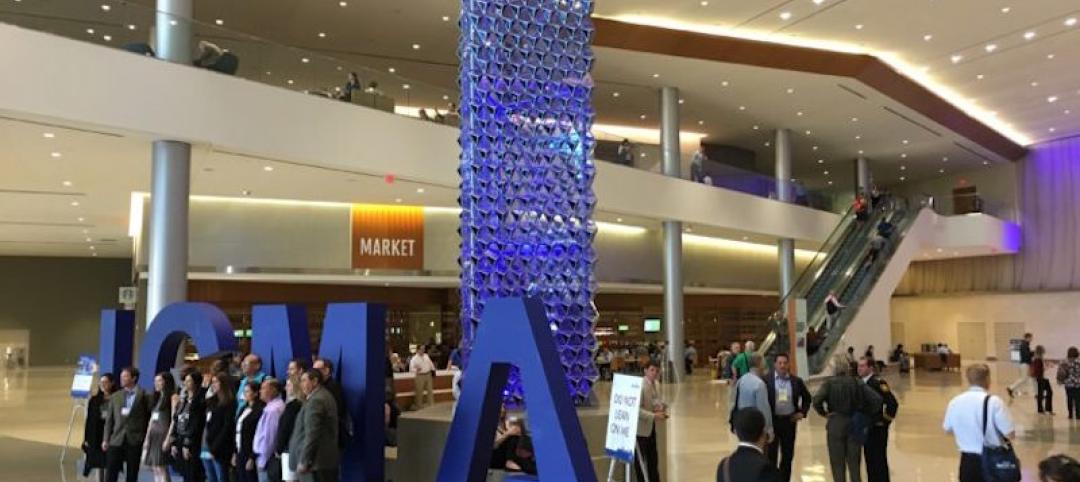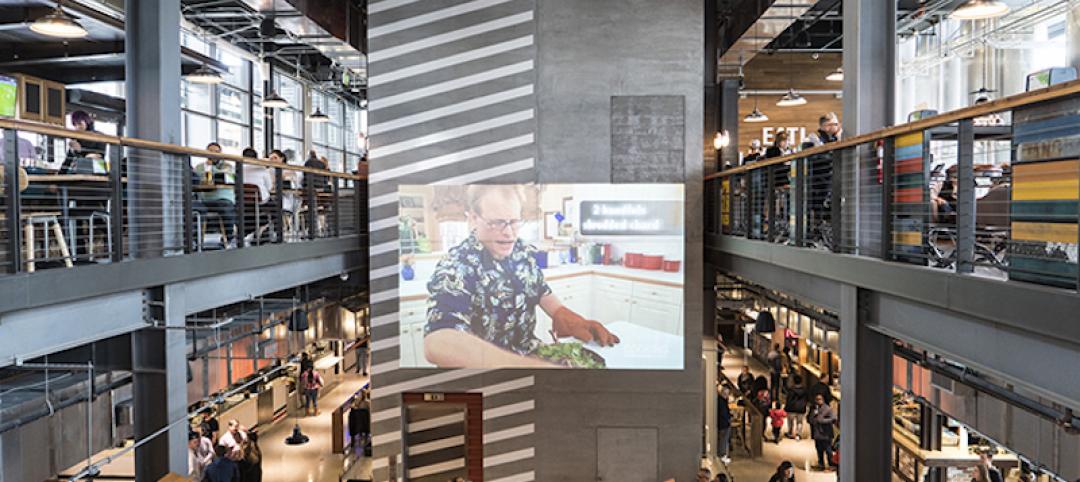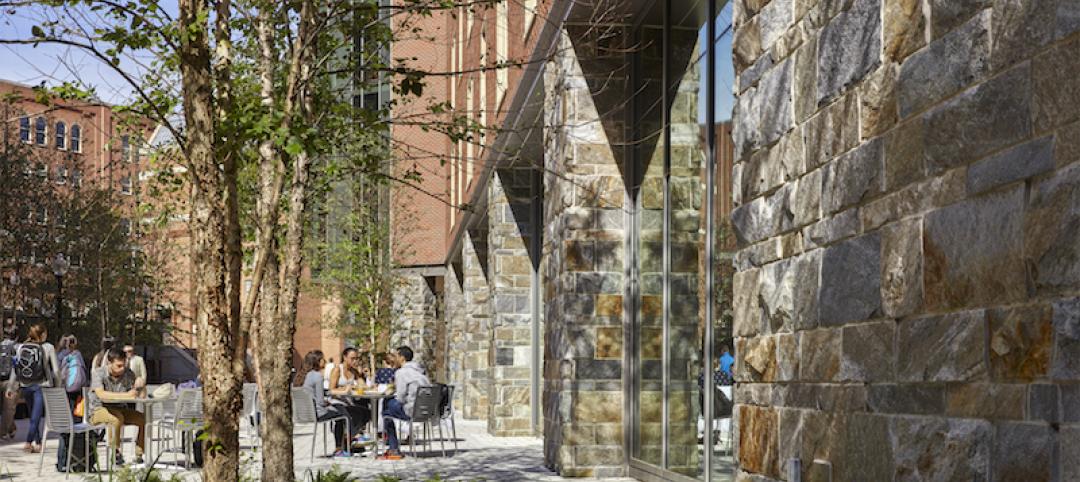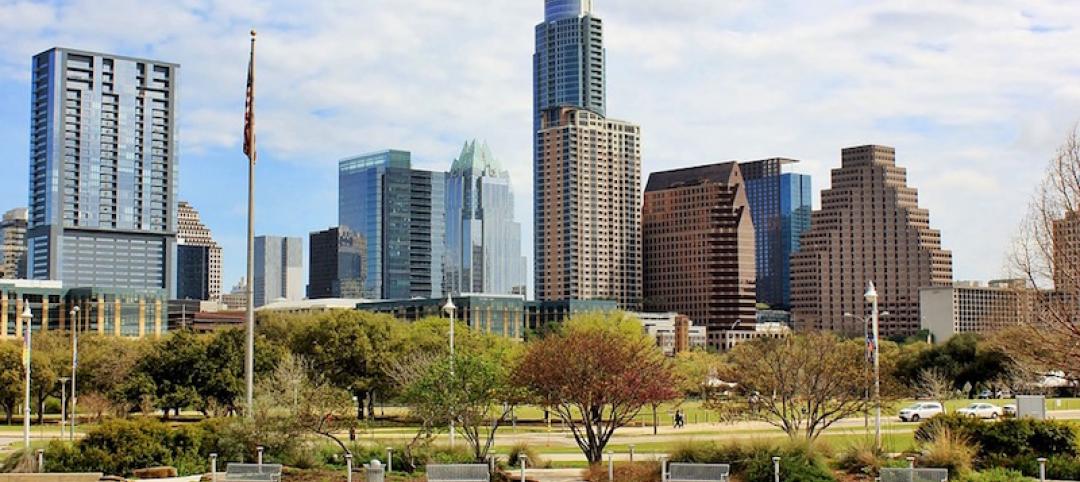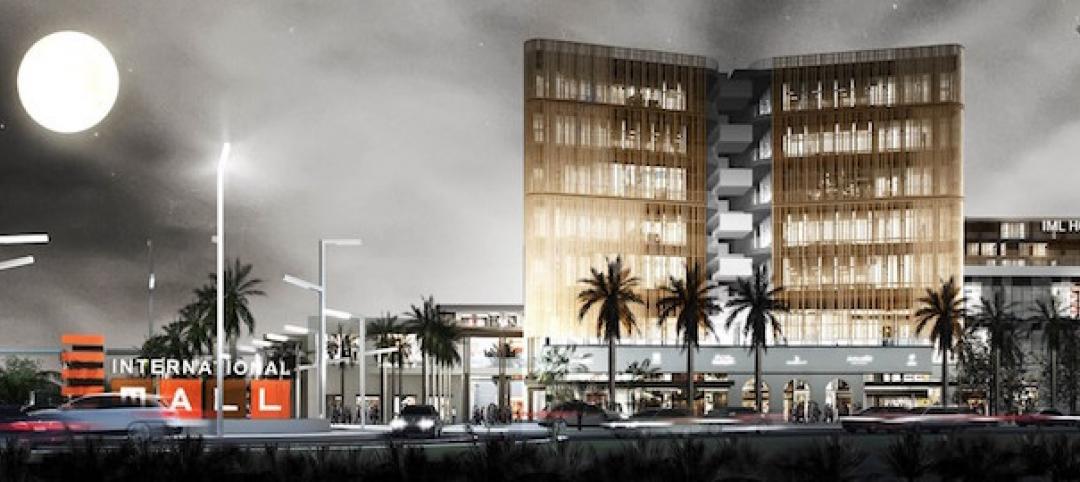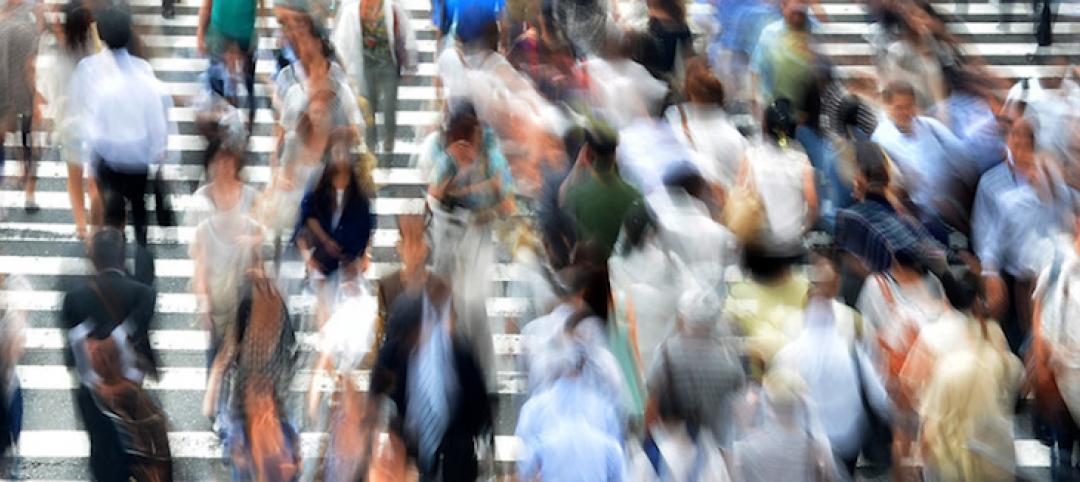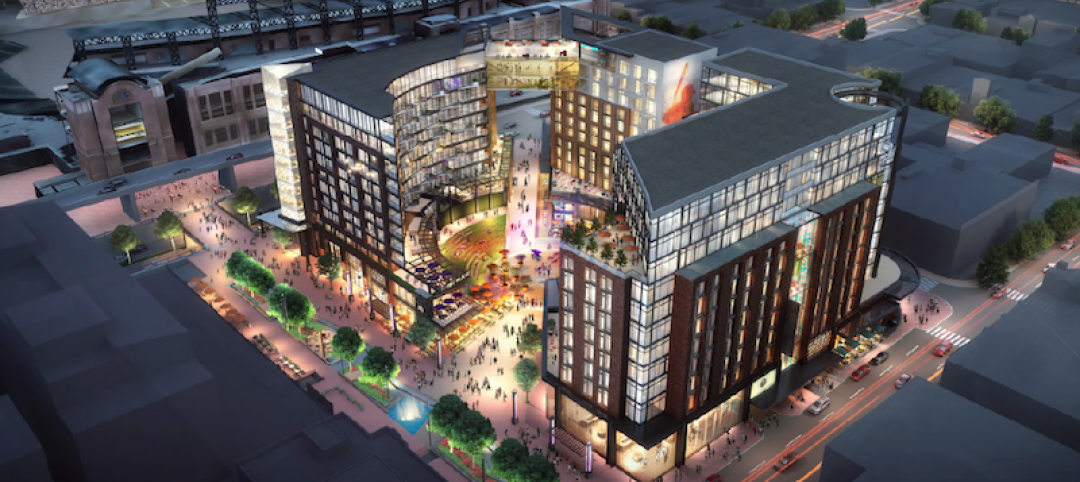China has become home to a third of the world’s “unicorn companies,” technology start-ups valued at over a billion US dollars, with Chengdu, the capital of the Sichuan province, developing into a hub where the computer chips for half the world’s laptops are produced. The area is also a leading producer of mobile hardware. The Tianfu New Area area to the south of the city is now being developed as an ecologically sustainable civic, business, and residential center for China’s technology and research sectors.
Dubbed Unicorn Island, the Zaha Hadid-designed master plan is well underway as its first building, the Start-Up exhibition and conference center, nears completion. The firm did not release many details about the exhibitions center, but did release a new video showcasing the building in its yet-to-be-completed form.
The 67-hectare master plan will help foster the continued growth of China’s digital economy. The mixed-use master plan for 70,000 researchers, office staff, residents, and visitors will include integrated clusters of buildings that surround the island’s central plaza and metro station. The radial layout enables the entire island to be accessed quickly via walking or by bike and newly developed green civic spaces will be interspersed with the building clusters.
See Also: Headspace expands Santa Monica corporate HQ
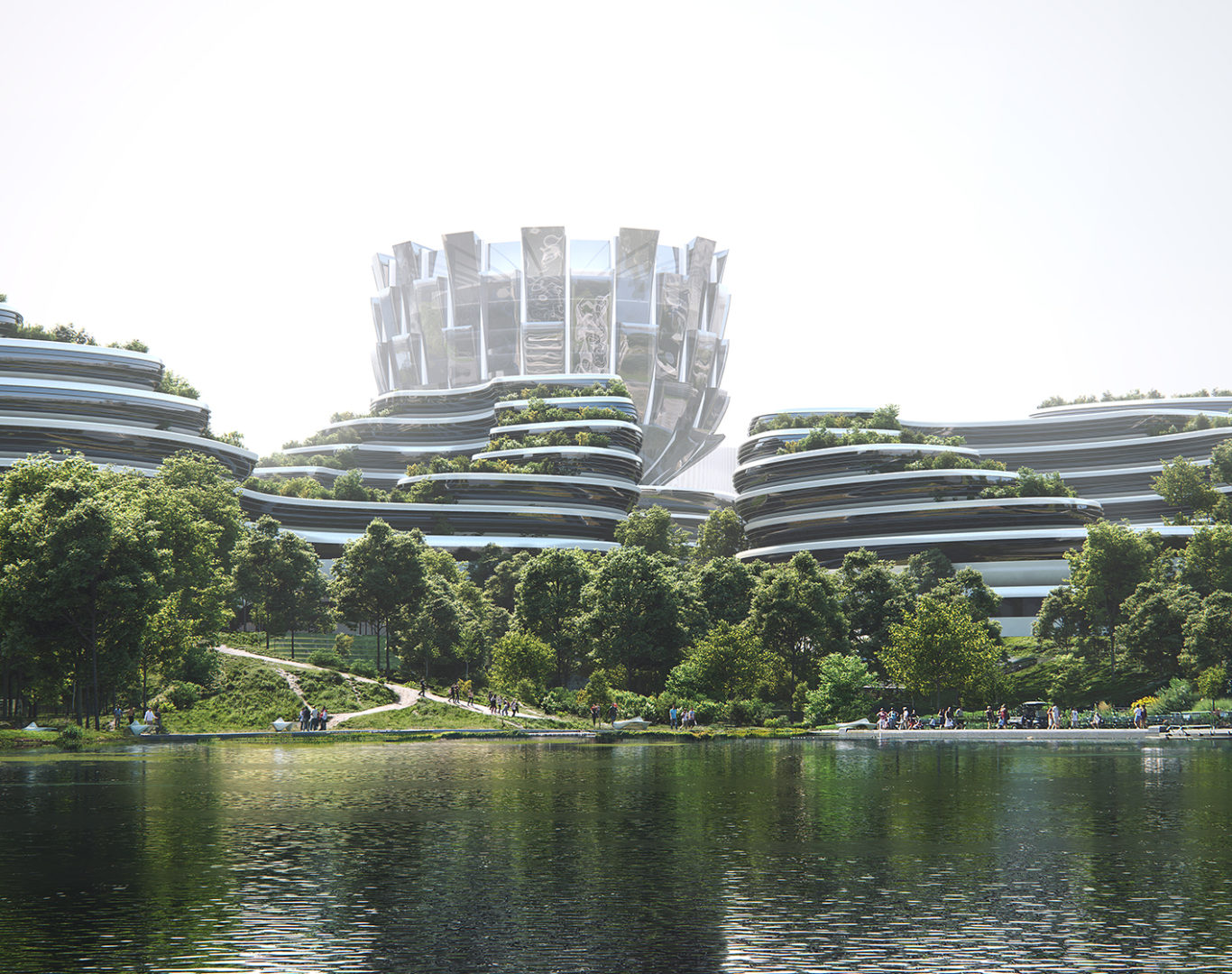
As part of the project, wetlands of the Tianfu New Area will be reestablished and will serve as water conservation, flood control, and recreation area. Unicorn Island will incorporate natural water management systems and innovations in urban farming technologies to provide residents, workers, and visitors with fresh, locally grown produce.
While the first structure on the island is nearing completion, Zaha Hadid has not released a completion date for the island as a whole.
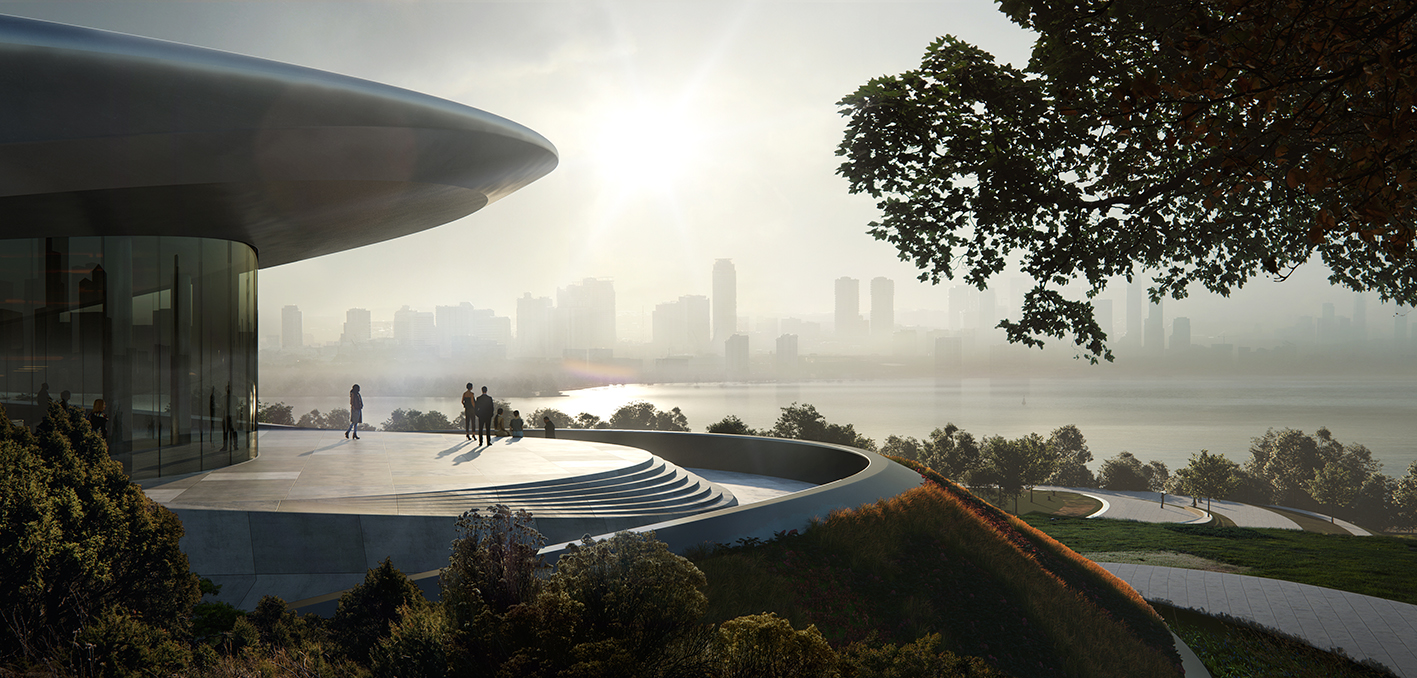
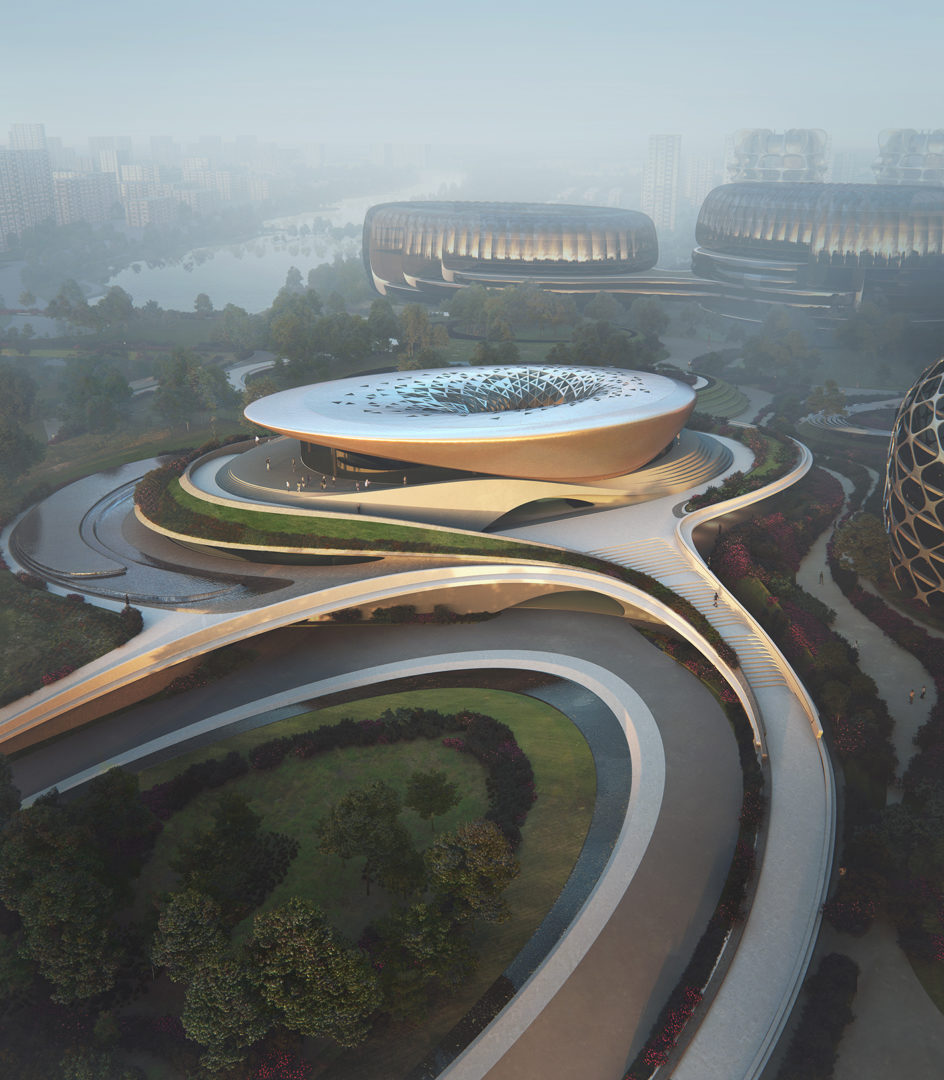
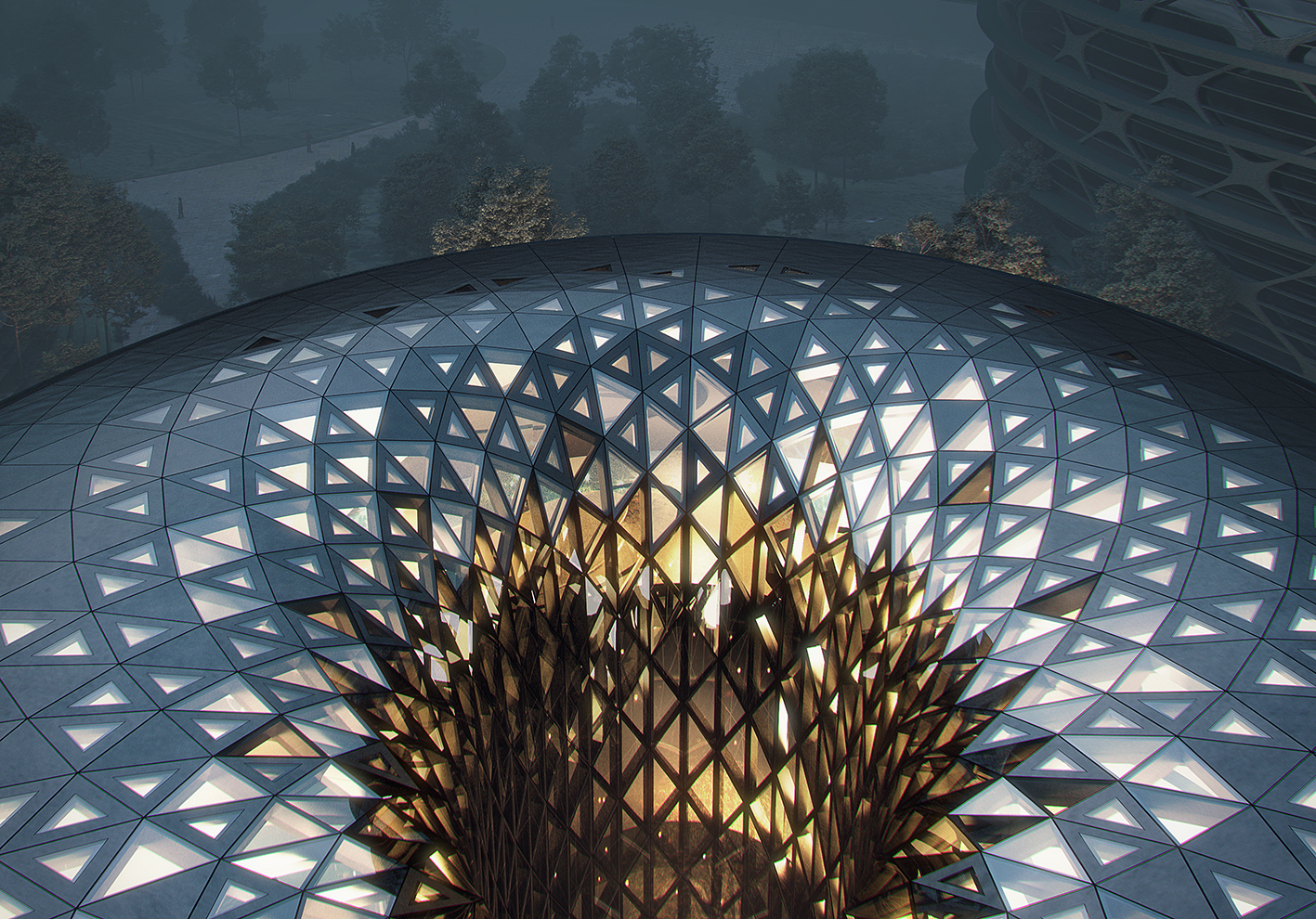
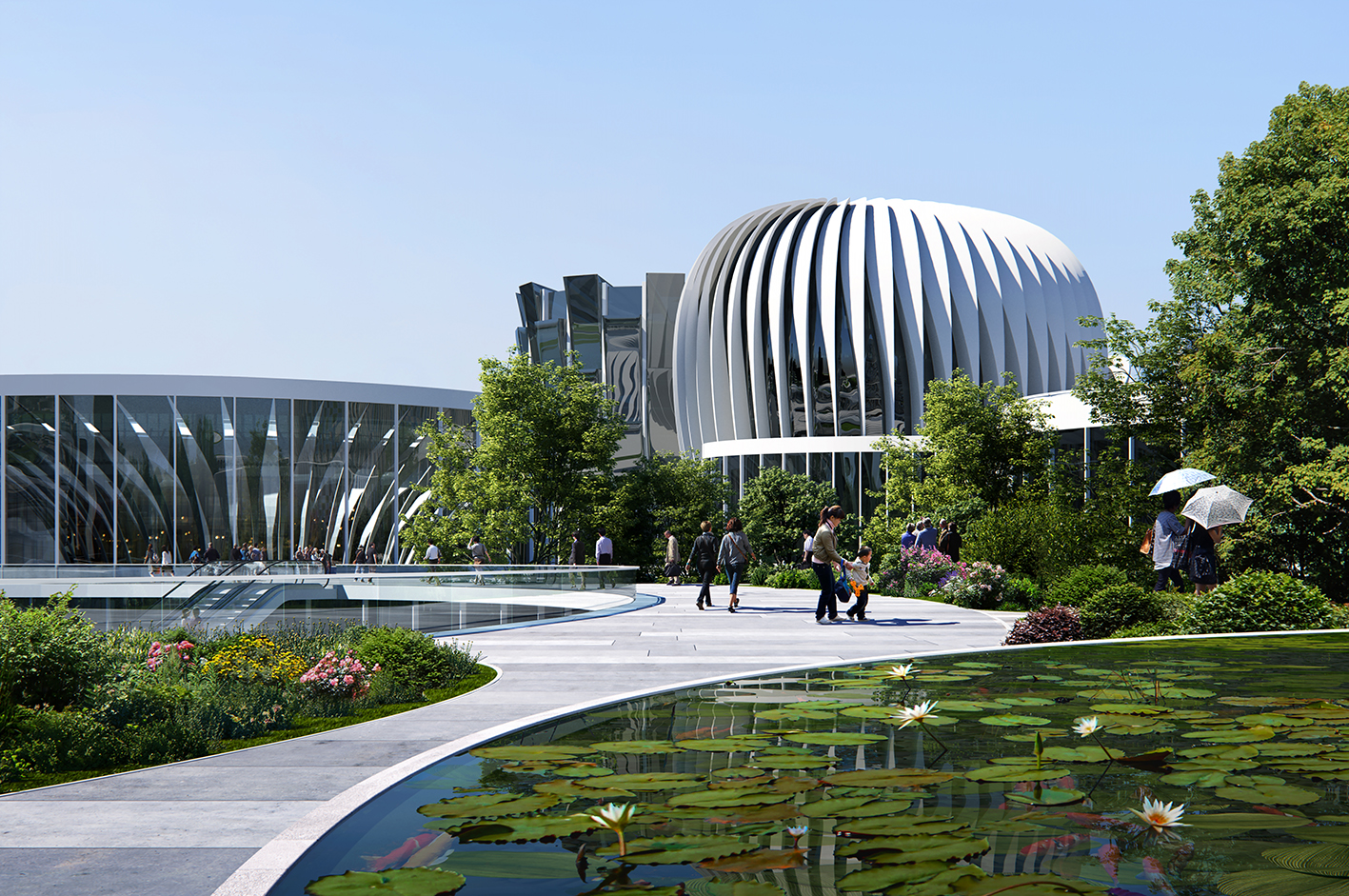
Related Stories
Urban Planning | Feb 26, 2018
A new way to approach community involvement for brownfield projects
A new community engagement program works with young adults to help the future of the neighborhood and get others involved.
Urban Planning | Feb 23, 2018
Paris car ban along the river Seine deemed illegal
Mayor Anne Hidalgo has appealed the decision.
Urban Planning | Feb 21, 2018
Leading communities in the Second Machine Age
What exactly is the Second Machine Age? The name refers to a book by MIT researchers Erik Brynjolfsson and Andrew McAfee.
Urban Planning | Feb 14, 2018
6 urban design trends to watch in 2018
2017 saw the continuation of the evolution of expectations on the part of consumers, developers, office workers, and cities.
Urban Planning | Feb 12, 2018
Stormwater as an asset on urban campuses
While there is no single silver bullet to reverse the effects of climate change, designers can help to plan ahead for handling more water in our cities by working with private and public land-holders who promote more sustainable design and development.
Urban Planning | Jan 24, 2018
Vision Zero comes to Austin: An outside perspective
Aside from the roads being wider and the lack of infrastructure for bikes and pedestrians, there seemed to be some deeper unpredictability in the movement of people, vehicles, bikes, and buses.
Urban Planning | Jan 10, 2018
Keys to the city: Urban planning and our climate future
Corporate interests large and small are already focused on what the impact of climate change means to their business.
Urban Planning | Jan 2, 2018
The ethics of urbanization
While we focus on designing organized and supportive architecture, much of urbanization is created through informal settlements.
Urban Planning | Dec 5, 2017
A call for urban intensification
Rather than focus on urban “densification" perhaps we should consider urban “intensification.”
Urban Planning | Dec 4, 2017
Sports ‘districts’ are popping up all over America
In downtown Minneapolis, the city’s decision about where to build the new U.S. Bank Stadium coincided with an adjacent five-block redevelopment project.


